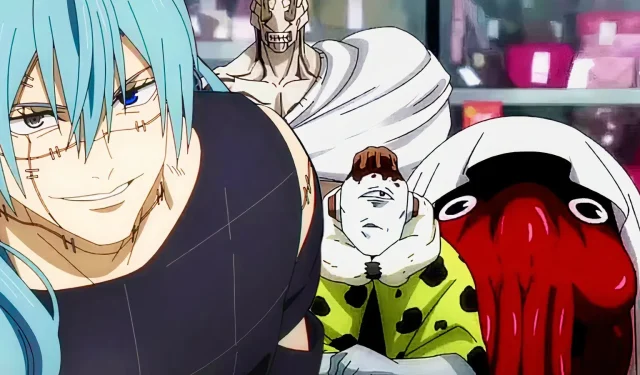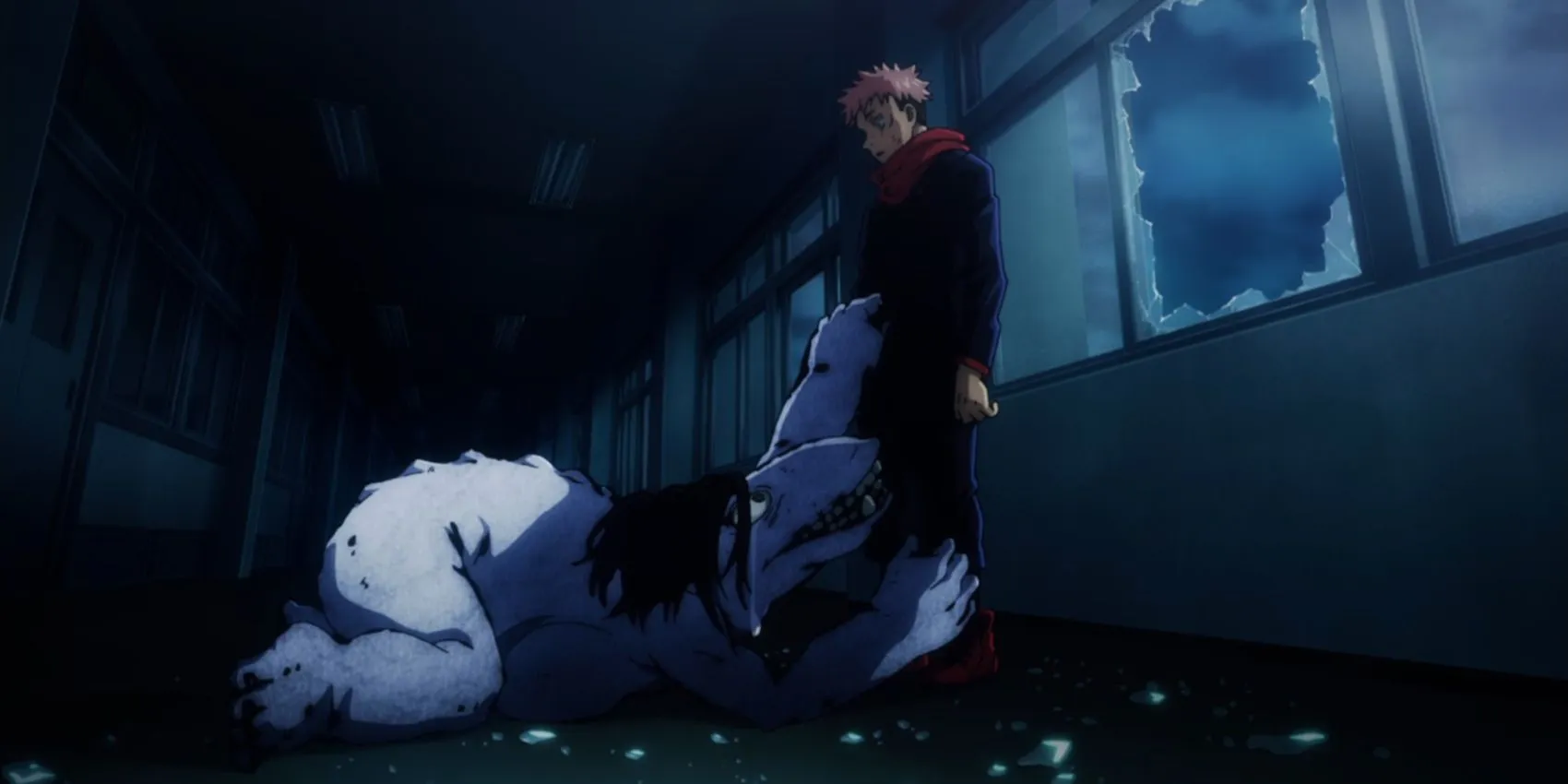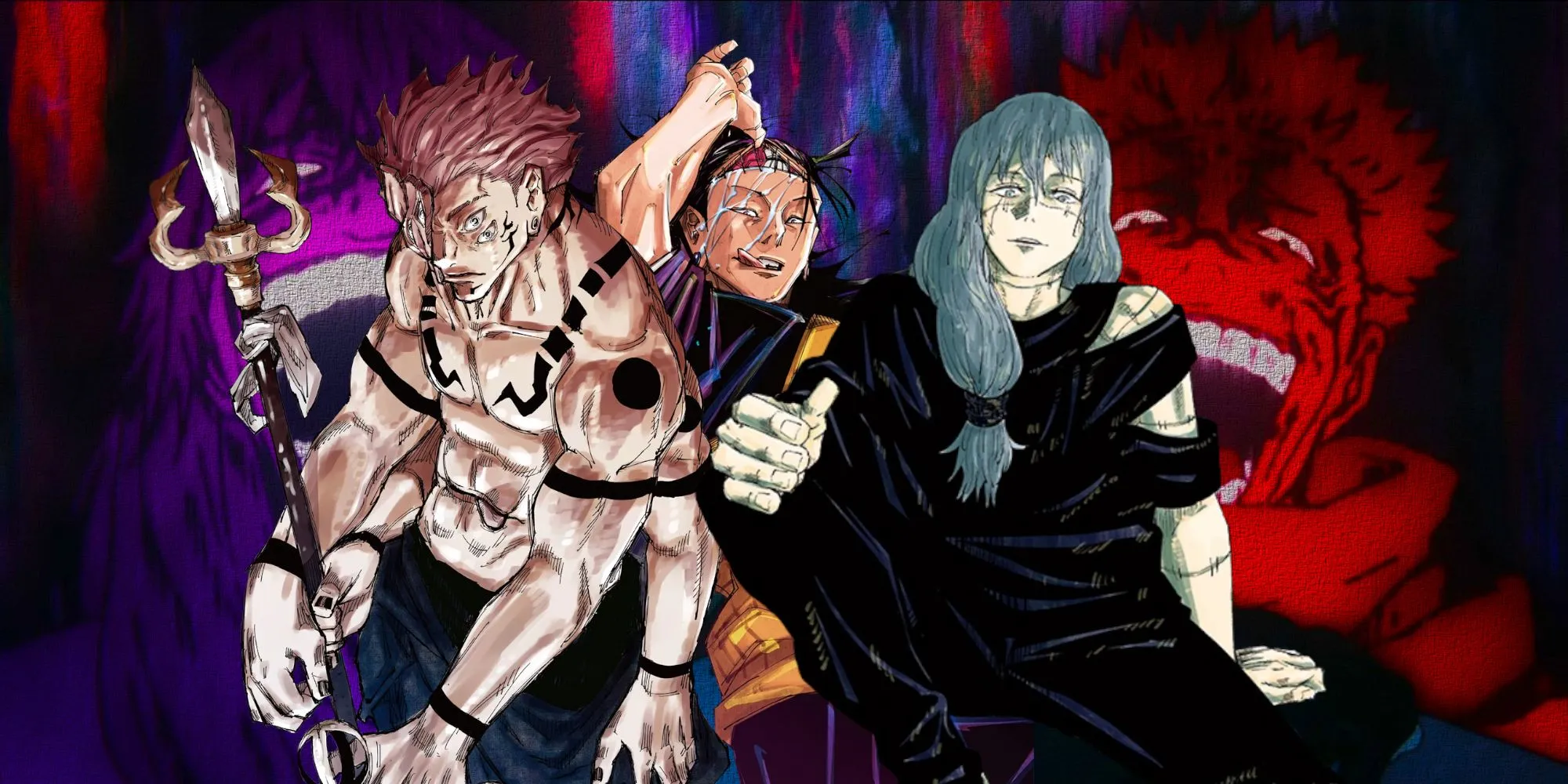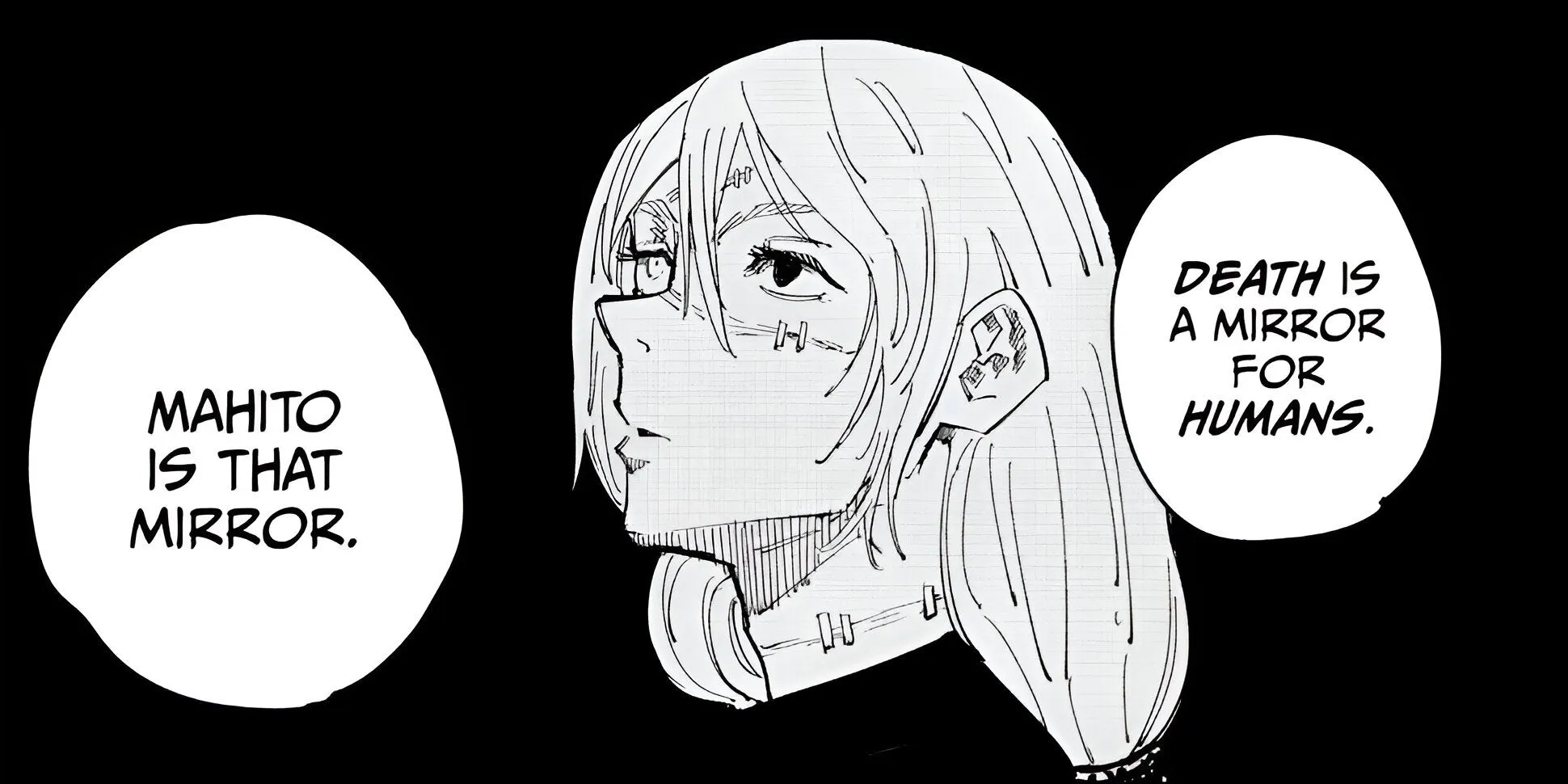
In the realm of Jujutsu Kaisen, few characters inspire as much disdain as Mahito. However, he plays a crucial role in illuminating the deeper messages embedded within Yuji Itadori’s journey. While other antagonists, such as the charismatic Geto and the enigmatic Sukuna, manage to evoke empathy from viewers due to their complex backstories, Mahito’s repugnant nature makes his appearances feel almost unbearable.
Following the series’ conclusion, which left many fans feeling unsettled by Mahito’s pivotal role, it’s essential to reflect on the significance of his presence in the finale. Contrary to the negative feelings he often incites, Mahito embodies a core thematic exploration that Jujutsu Kaisen diligently pursues throughout its narrative.
The Significance of Mahito’s Role in Jujutsu Kaisen
A Hidden Message Within the Renowned Shōnen Manga

Jujutsu Kaisen prominently tackles themes surrounding societal roles and the struggle to fulfill these roles while achieving personal happiness. Characters like Geto grapple with the responsibilities that come with being a sorcerer, while Nanami faces the challenge of reintegrating into a typical life outside his unique abilities. Interestingly, the narrative extends its exploration beyond human characters by introducing Mahito—a humanoid cursed spirit who self-identifies and embodies humanity, despite lacking human lineage.
Mahito’s existence is rooted in the negativity bred from humanity itself. Essentially, cursed spirits are manifestations of this negativity, embodying the “what goes around, comes around”principle, perpetuating a cycle of suffering. However, Mahito’s evolution is marked by a twisted embrace of his cursed nature. As he inflicts harm, he simultaneously embarks on a quest of self-definition, blending notions of “beauty,””humanity,”and “evolution”into his identity.
The Importance of Mahito’s Desire for Acknowledgment
Connections Between Mahito, Yuji, and Megumi

Mahito emerges as a complex character, reflecting humanity’s darker aspects. He views himself as the culmination of “humanity”while simultaneously rejecting his own origins. Lacking traditional parental figures, he embodies humanity’s negativity and the surrounding circumstances of its evolution. Ironically, his ambition to achieve the ideal notion of “humanity”necessitates a betrayal of the very essence from which he has emerged.
This creates a unique psychological dynamic, with Mahito obsessively seeking validation from powerful figures like Sukuna and Kenjaku. They become instrumental in shaping his self-image and aspirations, as they represent ideals he wishes to achieve. Conversely, Yuji and Megumi also navigate their identities in relation to paternal influence, both experiencing a profound absence of authority figures. Where others may seek the approval of paternal figures, Yuji chooses to pursue his own path, guided by the memory of his departed grandfather. Similarly, Megumi copes with his father’s loss, finding humor even in his tragic backstory.
Insights into Mahito’s Role in Jujutsu Kaisen’s Finale
Understanding Mahito’s Dissatisfaction

The importance of Mahito’s character culminates during pivotal moments in the series. Notably, Gojo, who serves as a de facto father figure, urges Yuji to carve out his own identity, discouraging him from seeking validation through Gojo’s legacy. Similarly, a significant revelation occurs in chapter 265, where Yuji concludes that a fulfilling life is not defined by rigid roles or impacts but by the lasting echoes of one’s existence on others.
These insights starkly contrast Mahito’s misguided path. His final confrontation with Sukuna reveals a deep-seated remorse for succumbing to negativity, prompting Sukuna to express a desire for a more positive existence should he be granted another chance. Mahito’s final outcry as the “last unruly child”encapsulates the tragedy of his existence—despite his ambitious aspirations, he remains forever trapped in a cycle of dissatisfaction, unable to attain the validation he so desperately seeks from his father figures.
Ultimately, Jujutsu Kaisen underscores a profound truth: while others may offer guidance, the meaning of one’s life is a personal quest, one that can only be defined by the individual. This poignant message resonates powerfully throughout the series, reflecting the complexities of identity, relationship, and self-validation.




Leave a Reply